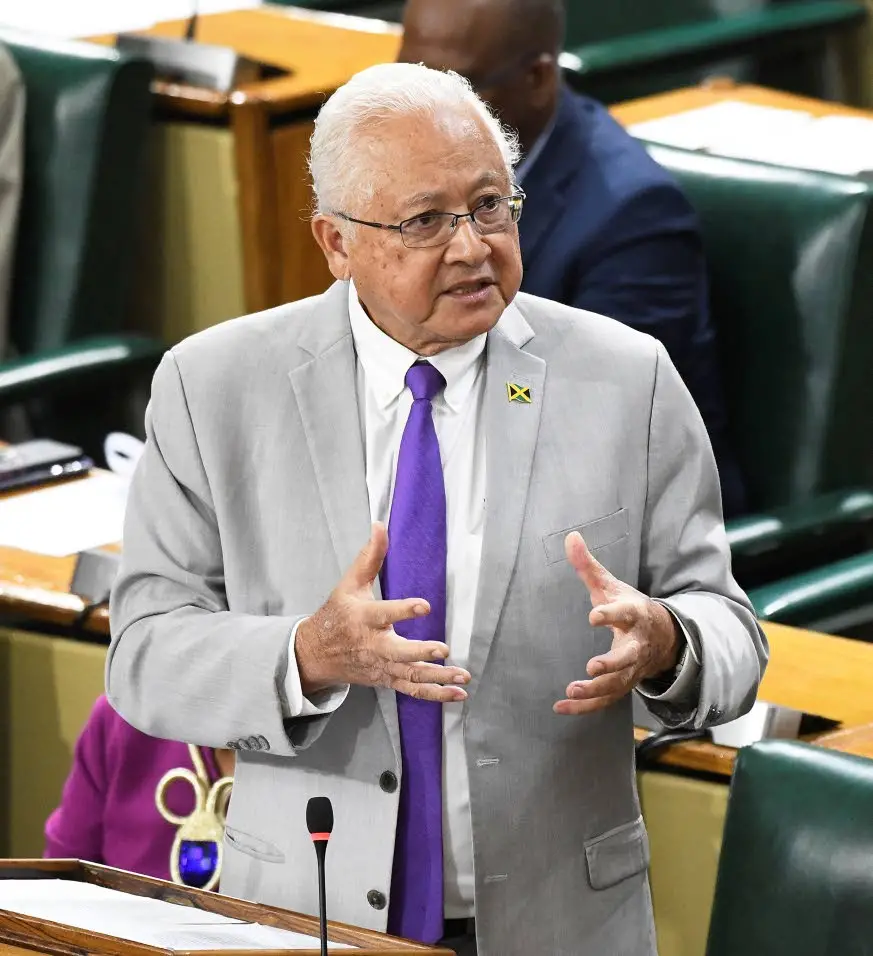Minister of Justice, Delroy Chuck, has firmly rejected calls for Justices of the Peace (JPs) to be paid for their services, emphasizing the voluntary nature of the role. In a recent address to JPs during a sensitization session in Port Maria, St Mary, Chuck reinforced that while many JPs go above and beyond in their duties, their commitment should not come with a financial reward.
“I fully acknowledge the dedication of JPs who selflessly serve their communities,” Chuck said. “However, the principle remains: JPs should not be paid. This is a position of trust and respect. When people come to you, they do so because they trust you, not because they expect to pay for your services.” Chuck went on to criticize those JPs who charge fees for their services, stating that such actions undermine the integrity of the position.
The issue of financial compensation for JPs has resurfaced following a controversial incident involving a St Andrew JP who faced corruption charges. The JP claimed financial hardship as the reason for charging for services. In response, Nicholas McDavid, a fellow JP from St Andrew, argued that while the JP’s actions were inexcusable, they highlighted the pressing need for improved support for JPs, especially those facing economic difficulties.
McDavid called for a broader discussion on how JPs can be supported without compromising the integrity of their voluntary work. He suggested the formation of a working group to address these concerns and explore potential solutions, such as stipends or other forms of assistance, to ensure JPs can continue their vital work without financial strain.
Norris Rhoomes, head of the St Andrew Justice of the Peace Association, also weighed in, reiterating that JPs must maintain their position as impartial community leaders. “Accepting payment for services would damage the public trust we have worked so hard to build,” Rhoomes said in a letter to the Jamaica Observer.
Chuck echoed this sentiment, warning that any JP found charging for services would face serious consequences, including being decommissioned from their role. “If you can’t provide your services voluntarily, then it’s time to relinquish the position,” he stated.
The ongoing debate highlights the balance between recognizing the demanding nature of the JP role and maintaining the integrity of a system built on voluntary service and public trust.

